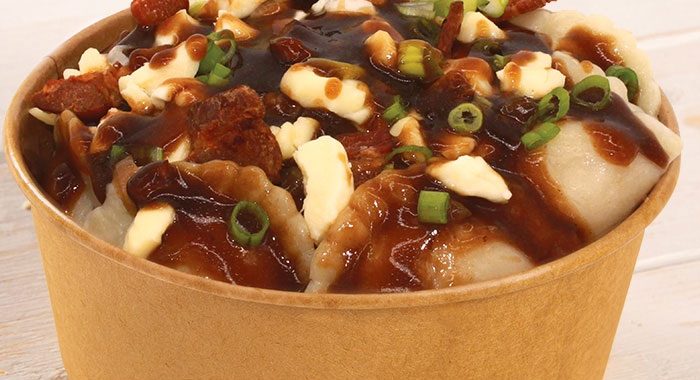
Home Dining Made Easy: The Pros and Cons of Ready Meals in Singapore
The adoption of ready meals has emerged as a pragmatic and time-saving solution for numerous households. The city-state’s residents, grappling with the demands of a hectic schedule, increasingly turn to the convenience offered by ready meals to strike a delicate equilibrium between their busy routines and the desire for wholesome home-cooked meals. Recognising the prevalence and significance of this trend, this article aims to comprehensively explore the various advantages and disadvantages associated with the integration of ready meals into the home dining routines of individuals and families in the unique context of Singapore.
The Pros of Ready Meals in Singapore
Convenience Redefined
Ready meals epitomise convenience. In Singapore, where time is a precious commodity, the ease of having a ready-to-eat meal is unparalleled. Busy professionals and families find solace in the fact that a satisfying meal is just minutes away, requiring minimal effort and time.
Diverse Culinary Options
One of the significant advantages of ready meals in Singapore is the diversity in culinary choices. From local favourites to international cuisines, ready meals cater to a broad spectrum of tastes. This diversity allows consumers to explore and enjoy a variety of dishes without the need for extensive cooking skills or preparation time.
Time Efficiency
For the working population in Singapore, time efficiency is paramount. Ready meals eliminate the need for grocery shopping, meal planning, and cooking, streamlining the entire dining process. This time-saving aspect is a crucial factor in the widespread adoption of ready meals among individuals with demanding schedules.
Portion Control and Waste Reduction
Ready meals often come in pre-portioned sizes, promoting portion control. In a culture where food wastage is a concern, these precisely measured servings help minimise excess and reduce the environmental impact associated with discarded food. This aspect aligns with Singapore’s sustainability goals and resonates with eco-conscious consumers.
Cons to Consider
Nutritional Concerns
While convenience is a significant advantage, the nutritional content of ready meals in Singapore can be a point of concern. Some ready meals may contain higher levels of preservatives, sodium, or unhealthy fats. Consumers must carefully scrutinise nutritional labels to make informed choices that align with their dietary preferences and health goals.
Cost Considerations
Although convenient, ready meals can be relatively more expensive than traditional home-cooked meals in the long run. The cost of individual ready meals may accumulate, impacting the overall monthly food budget. Budget-conscious individuals need to weigh the convenience against the potential financial implications.
Limited Customisation
Ready meals may not offer the same level of customisation as home-cooked dishes. Individuals with specific dietary requirements or preferences may find the options limiting. The lack of control over ingredients and flavour profiles can be a drawback for those who prefer a personalised approach to their meals.
Environmental Impact
Packaging is a significant aspect of ready meals, and the excess packaging can contribute to environmental concerns. Singapore’s push for sustainability and eco-friendly practices underscores the need for consumers to consider the environmental impact of their food choices, including the packaging associated with ready meals.

Making Informed Choices
In summary, when exploring the advantages and disadvantages of incorporating ready meals into the dining routine in Singapore, it becomes evident that the landscape is nuanced, offering a delicate balance between convenience and various considerations. For individuals with busy schedules who prioritise time efficiency without sacrificing taste, ready meals emerge as a practical and viable solution. Nevertheless, it is imperative to approach this convenience with a discerning mindset, taking into account factors such as nutritional content, cost considerations, and environmental impacts. The key lies in striking a thoughtful balance between the inherent convenience of ready meals and the judicious decision-making required to navigate nutritional choices and environmental sustainability. By achieving this equilibrium, individuals can seamlessly integrate these culinary options into the vibrant and dynamic lifestyle that characterises Singapore, ensuring a harmonious fusion of modern convenience and mindful living. Contact Taste Asia today to learn more.





